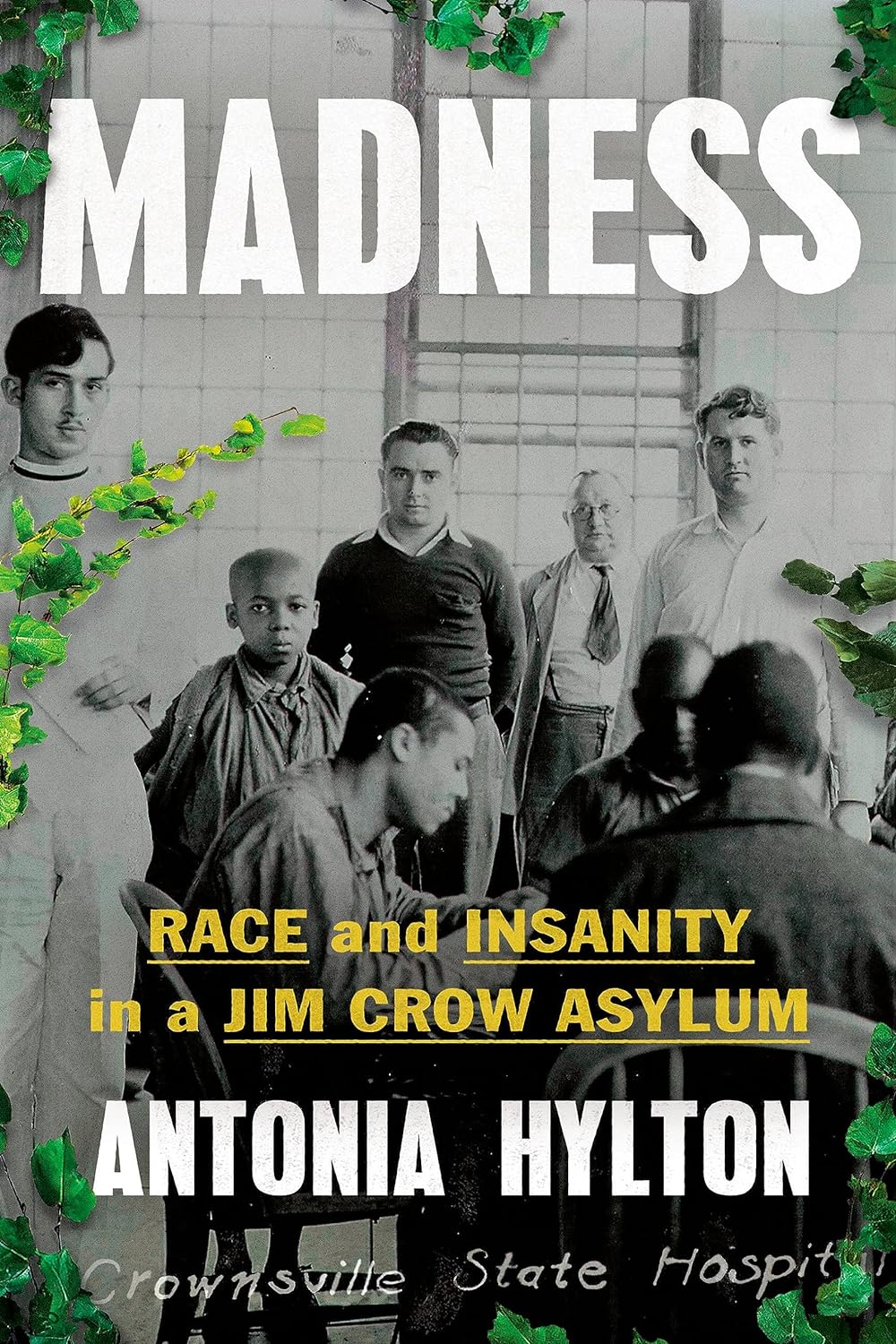

The best-selling book of New York Times. Amazon has chosen these books as the best picks by their editors. In the manner of The Immortal Life of Henrietta Lacks, a gripping 93-year account of Crownsville Hospital, one of America’s final segregated asylums, hailed by the New York Times as “intriguing. . . thorough investigation” and praised by acclaimed writer Clint Smith as “a mesmerizing read. " ” In the month of March in 1911, officials led a group of twelve Black men into the center of a forest in Maryland on a chilly day. The men were compelled to clear the land, pour cement, lay bricks, and harvest tobacco, all under the doctor's watchful eye. Upon completion of construction, they were the initial twelve patients at the state's Hospital for the Negro Insane. Throughout centuries, Black patients have been missing from our historical records. Madness transfers readers inside the brick walls of a Jim Crow asylum. In her book "Madness," award-winning journalist Antonia Hylton recounts the 93-year history of Crownsville Hospital, one of the final segregated asylums with existing records, and a campus that remains intact in Anne Arundel County, Maryland. She intertwines the personal stories of patients and staff members influenced by Crownsville with ten years' worth of in-depth research and historical records. Madness tells the tales of African American families whose mental well-being deteriorated as they sought, and occasionally fell short of, uncovering security and respect. Hylton is also dealing with her family's history of mental illness, along with the secrecy and shame that has been passed down through generations. The growth of Crownsville Hospital from a work camp in antebellum style to a small city spread over 1,500 acres reflected the changing dynamics in America regarding slavery, racial integration, and civil rights. Approximately 2,700 patients filled the hospital's wards during its most successful years. As the 20th century came to a close, asylums began to fade from prominence, shifting America's attention towards prisons and jails. In Hylton's Madness, the continuation of slavery's impact on Black individuals' physical and mental well-being is explored within today's mental healthcare practices. "It's a thought-provoking and poignant reflection on America's judgments regarding illness or crime, and determining who deserves our support or is beyond redemption. "